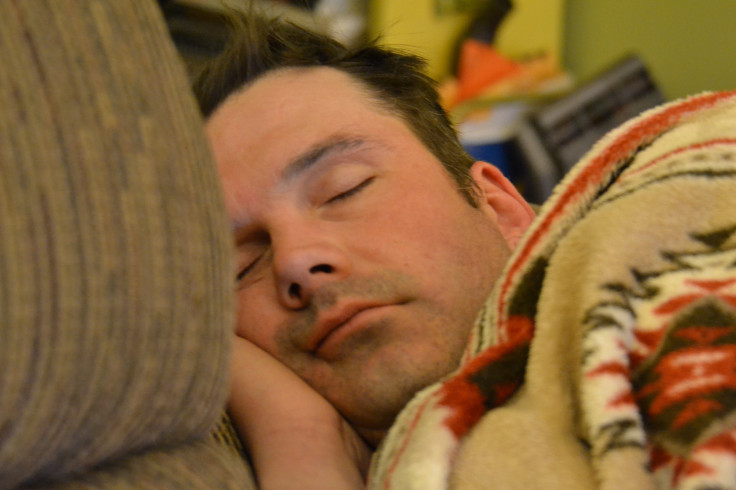Getting More Sleep Lowers Risk Of Suicide In Insomniacs, Study Says

People who have trouble sleeping have a dramatically lower risk of suicide for every one-hour increase in sleep, researchers reported Wednesday.
Study subjects were 72 percent less likely to experience high suicidal risk for every extra hour of shut-eye, according to from the University of Pennsylvania's behavioral sleep medicine program in Philadelphia.
"We were surprised by the strength of the association between sleep duration and suicide risk," Linden Oliver, the program's clinical research coordinator, said. "A 72 percent decrease in the likelihood of moderate or high suicide risk with a one-hour increase in sleep is interesting given the small sample size."
The study findings were presented in the online version of the journal Sleep on Wednesday, and will be presented in Baltimore at the annual meeting of the Associated Professional Sleep Societies.
Researchers merged two studies of a total of 471 people, 73 of whom were deemed to be at risk of suicide after interviewing with clinicians. Another 55 were classified as low-risk for suicide and 18 were classified as moderate or high risk. The researchers excluded people who presented no suicide risk at all.
The researchers said sleep loss is associated with depression and poor executive brain functioning, leading to impaired decision-making ability. However, few studies to date have examined the role of sleep loss in suicidal ideation.
"These results further highlight the importance of obtaining adequate amounts of sleep," Oliver said.
The American Academy of Sleep Medicine says the problem of insomnia is fairly widespread in American society, with 10 to 15 percent of adults experiencing an insomnia disorder accompanied by distress or functional impairment during waking hours.
Suicide is the tenth-leading cause of death in the United States, accounting for more than 38,000 deaths every year, according to the Centers for Disease Control and Prevention.
Source: Oliver L. Sleep duration as a predictor of moderate/high (vs low) suicide risk in insomnia. Sleep. 2013.



























